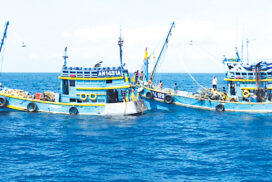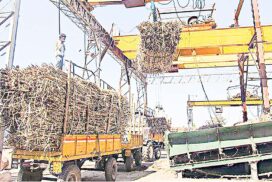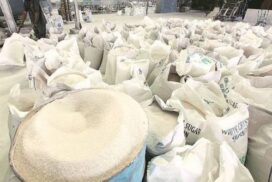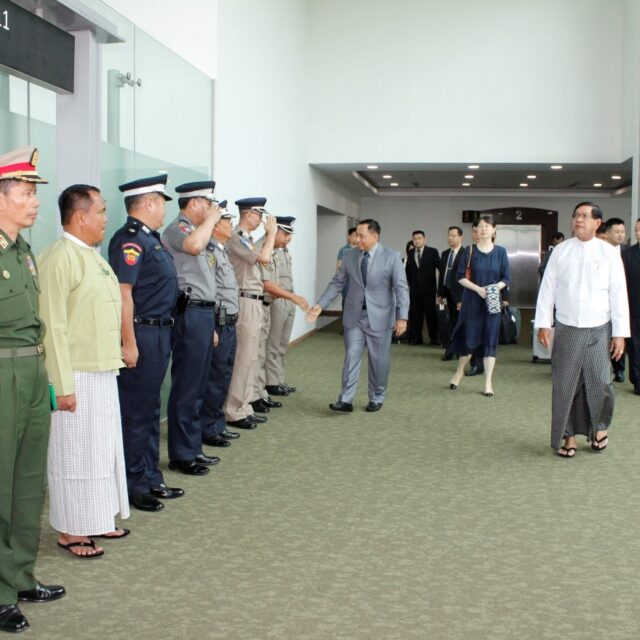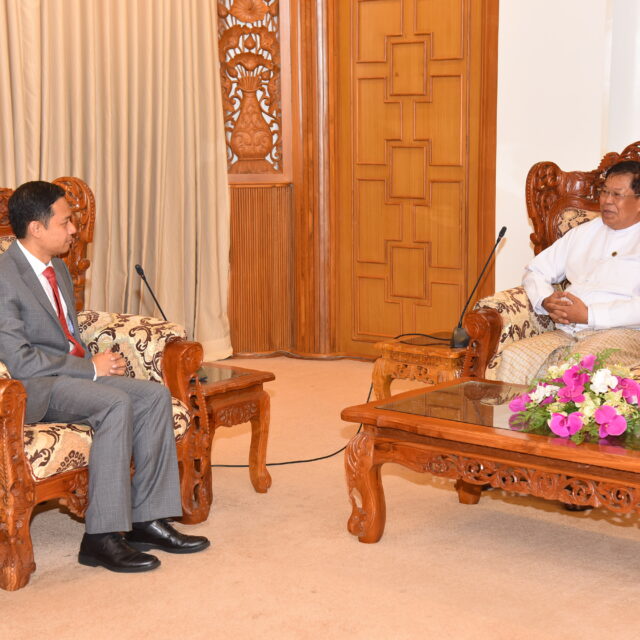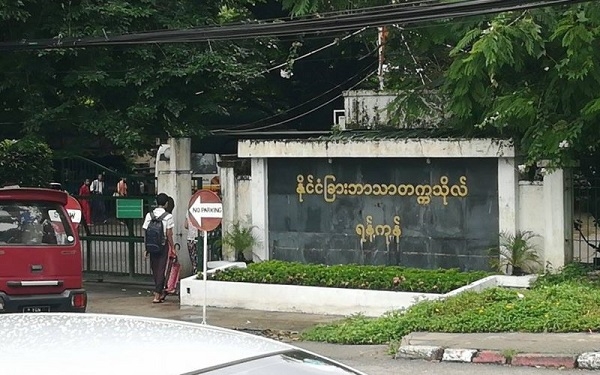With the 15-day extension to the fishing season which will end in the first week of March, concerns of the communities who are relying on the offshore fishing amidst COVID-19 are expected to be eased.
The announcement on the 15-day extension to offshore fishing brings a rosy hope to fishing communities in coastal areas, factories, workers and businesses are still suffering from negative consequences of the pandemic.
Due to the decrease in the demand for seafood as there are logistic restrictions and no export amidst the COVID-19 pandemic, the aquaculture sector hit hard those depending on the sector for their livelihood.
When it comes to responding to the COVID-19 and businesses, we also need to consider how to minimize the impact of COVID on the fishery sector and how to make these enterprises grow in the long term.
With zero exports without no new orders from buyer countries, fish exports have collapsed.
The drop in demand has affected from daily-waged workers to cold storage facilities in the seafood supply chain. In this situation, national-level plans and projects need to be implemented to ensure future success in the sector. Or, the aquaculture sector could face longer disruption if farmers are unable to restock in this COVID-19 crisis.
Meanwhile, the revival of local food networks amidst COVID-19 thanks to logistics with health guideline has also mitigated the fishery sector to a certain extent and maintained the local sales through direct marketing and deliveries.
There are many offshore and inshore fishing enterprises in Yangon and Taninthayi Regions and Mon State. Currently, there are over 3,400 offshore fishing vessels in Myanmar.
Myanmar’s coast is home to various fish, reptiles, birds, crustaceans, and other marine life.
When it comes to responding to the COVID-19 and businesses, we also need to consider how to minimize the impact of COVID on the fishery sector and how to make these enterprises grow in the long term.
Fore fishery sector recovery, advanced machinery and cold stores with sufficient electrical power are required.
Installation of the vessel monitoring system to prevent fishing vessels from conducting illegal fishing is also an effective way to prevent illegal fishing.
Only then can the Myanmar fishery and aquatic sector be maintained and developed with sustainable production while losses in tax and revenue prevented.

